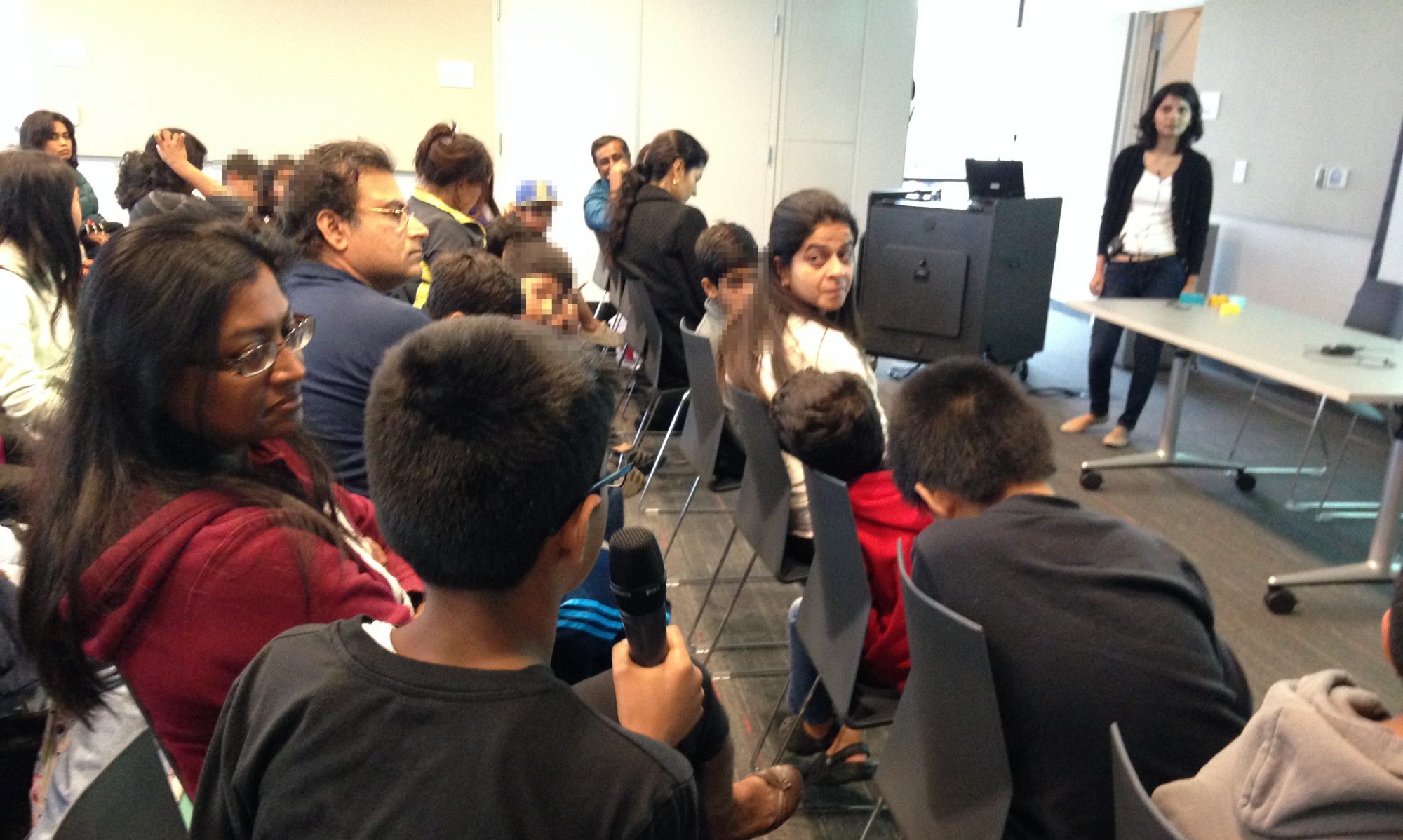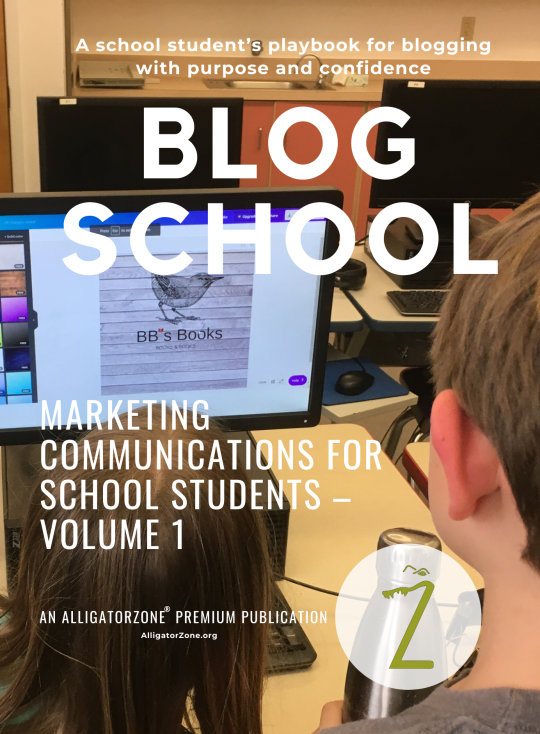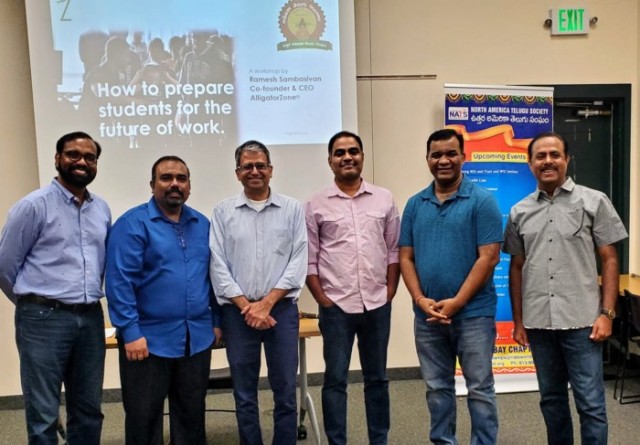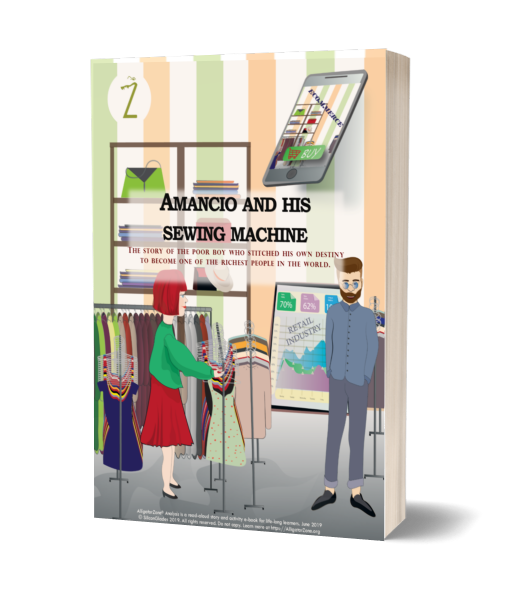The third in our series on blogging strategies for middle-
and high-school students is about how to use blogging to think aloud while
learning something new.

Thinking up topics for a blog can sometimes be a challenge. It helps to come up
with a general theme for our blog.
A simple strategy is to set the tone of a learner and write the blog as if we
are thinking aloud. It helps to pick a topic about which we want to learn more, and start writing about it, one blog post after another.
This approach can accomplish a few valuable things besides providing a steady stream of topics for essays.
- Learning in public through blogging helps us rekindle or develop our innate
curiosity. The more questions we ask, the better the questions get because we
learn how to start narrowing our focus on what we want to learn, and thus our
questions become more focused. Somewhere along the way as we are growing up, we
stop asking as many questions as we probably used to, when we were toddlers.
Using a blog to revive that skill of asking a series of questions out of
curiosity is a worthwhile exercise.
- Learning in public allows us to stay vulnerable and less subject to
criticism. Blogs published on the internet can attract cruel public scrutiny.
Stating upfront that we are merely documenting our learning journey in a
particular subject changes that perception that we are expert bloggers spewing
out advice to the world through the blog. Most people want to help a student
out. A blog can be an honest and authentic attempt at learning a new subject.
- Learning in public allows us to find allies and mentors in our learning
journey and present their thoughts as fresh blog posts. This could take the
form of being able to reach out to experts in the field we are seeking to learn
and interview them for our blog. We could even invite them as guest bloggers.
In general, learning in public using a blog makes for a powerful strategy to
show future employers and college admissions official how we learn and how we
think. It is a wonderful mechanism to share whatever little we are learning
with others who may know less than us and are not willing to be vulnerable and learn
in public. It is said that we learn a skill must better and faster if we try to
teach it to others.
Last but not the least, using our blog to learn in public, we believe, is a
form of selfless community service, and the joy derived from that very act of
blogging and sharing one’s learning journey becomes its own reward.
This blog post is a warm-up before introducing school students to the Blog School by
AlligatorZone.
Photo credit: Dylan Gillis on Unsplash









